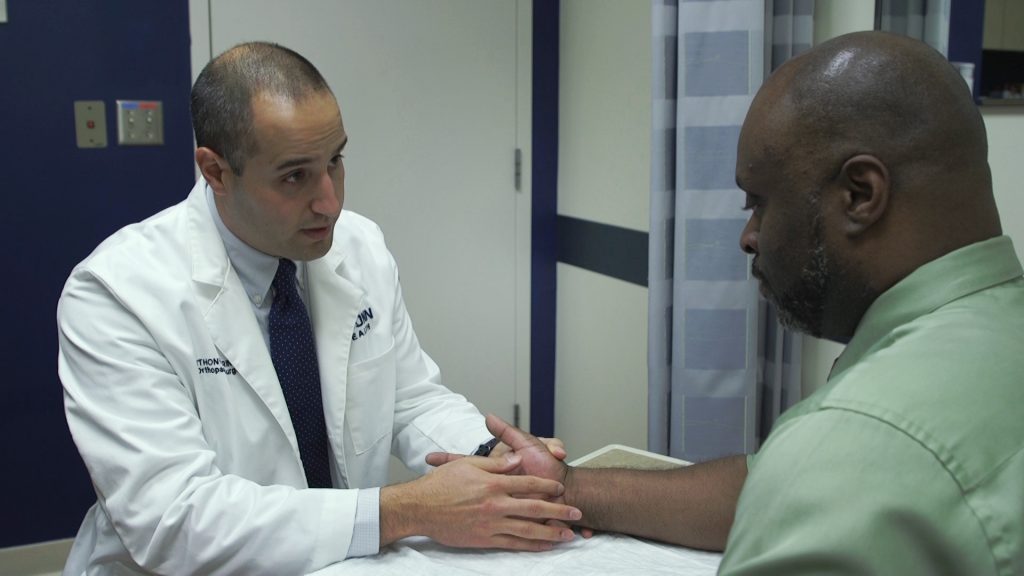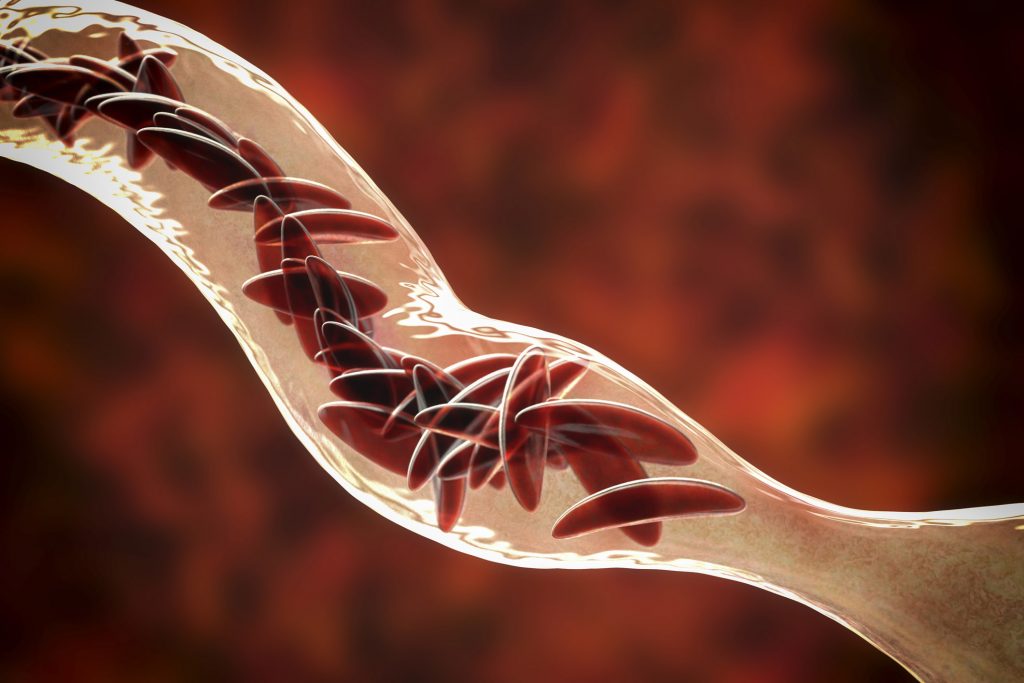School of Medicine
UConn Health July 2019 Programs, Events
Here is a list of UConn Health programs scheduled for July and early August 2019. This information will be updated with any additions or other schedule changes.
June 25, 2019 | Chris DeFrancesco '94 (CLAS)
Caring for Carpal Tunnel
Carpal tunnel syndrome is a painful condition that affects millions of Americans. If rest and splinting don’t relieve the pain, then “wide-awake” surgery performed without sedation may be an effective and convenient option.
June 21, 2019 | Ethan Giorgetti, UConn Health
UConn Health Working to Enhance LGBTQ+ Patient Experience
As the world observes Pride Month, UConn Health moves toward a more accommodating care environment for LGBTQ+ patients.
June 20, 2019 | Chris DeFrancesco '94 (CLAS)
12 Tips for Tick Season
Do ticks induce more panic than they do serious sickness? Here are 12 things to understand about ticks and the tick-borne illnesses seen in Connecticut.
June 20, 2019 | Chris DeFrancesco '94 (CLAS)
Sickle Cell Drug Showing Promise in Clinical Trial
In early clinical trial data, the experimental drug has shown promise for impacting important biological markers in the red and white blood cells of sickle cell patients.
June 19, 2019 | Combined Reports
UConn’s Alcohol Research Center Continues Unprecedented Run
With its latest five-year, $7.5 million award from the National Institutes of Health, UConn Health's Alcohol Research Center remains the longest funded in the nation.
June 13, 2019 | Chris DeFrancesco '94 (CLAS)
National Infection Control Community Honors Nancy Dupont
Nancy Dupont, MPH, BSN, R.N., of UConn Health has been honored by the Association for Professionals in Infection Control and Epidemiology (APIC).
June 12, 2019 | Lauren Woods
A Voice for Sickle Cell Patients
World Sickle Cell Day is Wednesday, June 19. Learn how Genice Nelson, DNP, of UConn Health's New England Sickle Cell Institute has been advocating for sickle cell patients for nearly two decades -- and learn 10 facts about sickle cell disease that you may not know to raise your awareness.
June 12, 2019 | Lauren Woods
Can Men Take a More Active Role in Their Health?
A UConn Health family medicine physician says there’s “certainly some room for growth.” But the biggest health risk he sees is not exclusively a male problem.
June 12, 2019 | Chris DeFrancesco '94 (CLAS)
UConn Health Staff Assist in Schools Still Recovering From Hurricanes
Three UConn Health employees recently volunteered in the Virgin Islands, helping provide hearing and vision screenings for more than 10,000 public school children in areas still recovering from the 2017 hurricanes.
June 6, 2019 | Chris DeFrancesco '94 (CLAS)








